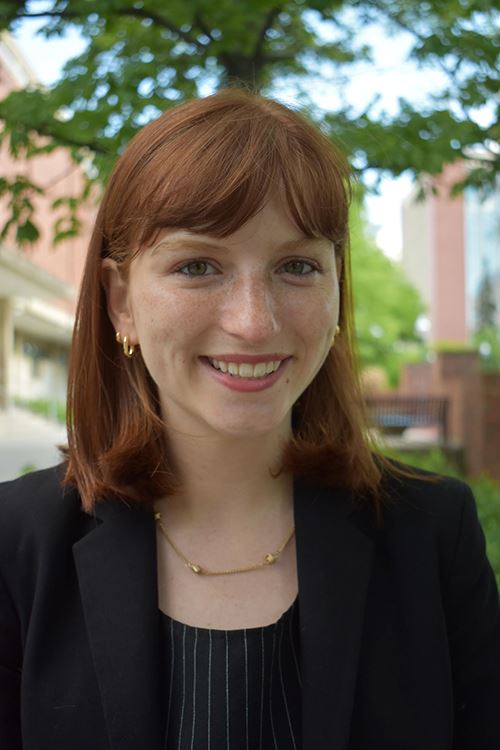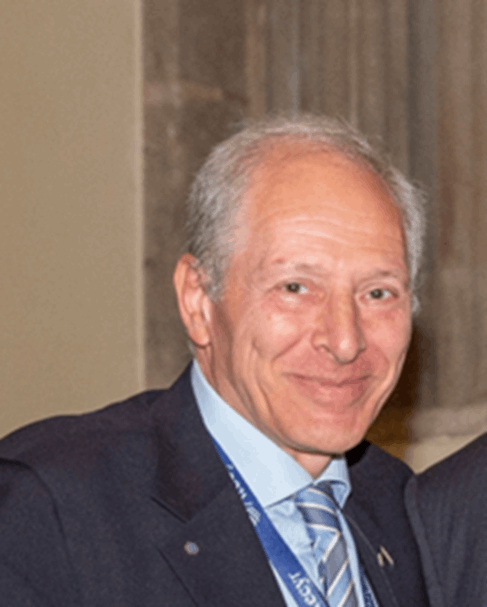
Jelle Laverge
Keynote Title:A Performance Based Rating Ecology for Residential IAQ Management from IEA-EBC Annex 86
Keynote Abstract: As the technical options for efficient IAQ management in residential buildings and their respective performances are becoming more diverse, we are faced with the need for a comprehensive approach to rating their merits. In IEA-EBC Annex 86, researchers and stakeholders from 43 institutes and 24 countries joined forces to develop consistent performance indicators, input data and modeling practices based on the latest available knowledge in the field. Their efforts are currently being implemented in ASHRAE, CEN and ISO standards. This keynote presents the general framework for performance-based assessment of IAQ management performance and the conclusions drawn from the experience in Annex 86.
Biography: Jelle Laverge is a member of the Building Physics research group and chair of the department of architecture and urban planning at Ghent University with a research focus on residential ventilation. They are a part-time attorney-at-law at Uniqum Advocaten. They hold an M.Sc. in architectural engineering (2007), an ML in fiscal law (2011) and a PhD in engineering (2013) from Ghent University. They are the operating agent of IEB-EBC Annex 86, the secretary of ISIAQ and a member of the editorial advisory board of BAE and a member of ASHRAE. They were the scientific co-chair of BS2021 and the president of IA2016, ISIAQ’s flagship conference.

Sarah Haines
Keynote Title: Community Engaged Frameworks lead to Healthy and Sustainable Indoor Environments
Keynote Abstract: On-reserve housing experiences higher rates of poor indoor environmental quality (IEQ) with many homes in critical need of major repairs. Overcrowded housing conditions, which are common in many on-reserve communities, have been associated with high humidity and moisture and may lead to increased mold growth. As such, it is critical that we explore community driven solutions through multi-dimensional Two-Eyed seeing approaches to improve indoor air quality and health and well-being of occupants. Our team has partnered with multiple First Nations communities throughout Canada to co-develop culturally appropriate solutions to improve IEQ. Our program “From Harvest to House” seeks to empower community champions; leveraging storytelling, knowledge sharing, data collection, and capacity building to co-develop community-driven solutions to improve current housing inequities and challenges in communities. I will explore the current overarching challenges in IEQ, highlight the current gaps in on-reserve housing and provide an overview of approaches to tackling these large intersectional housing issues. To improve IEQ on-reserves, it is critical that we take time to listen to Indigenous leaders in crafting engineered solutions.
Biography: Dr. Sarah Haines is an Assistant Professor in the Department of Civil and Mineral Engineering at the University of Toronto and the Principal Investigator of the Indoor Microbiology and Environmental Exposures (IMEE) Lab. She received her BS in Environmental Engineering and her MS and PhD in Environmental Science from The Ohio State University. Her research focuses on healthy and sustainable indoor environments, with expertise in indoor air quality, microbial exposures, and housing self-sufficiency where she develops innovative methods to measure and mitigate pollutants and biological contaminants. A core aspect of Dr. Haines' work is community-based research, particularly through the From Harvest to House Program, which aims to co-develop pathways to housing self-sufficiency in Indigenous communities. She collaborates with local leaders, housing managers, and community members to address housing challenges, indoor environmental quality, and technical capacity building. Using a Two-Eyed Seeing approach, her team integrates Indigenous knowledge, storytelling, and emerging technologies to create healthy indoor environments. With a commitment to bridging environmental science, engineering, and community-driven innovation, Dr. Haines is at the forefront of research that empowers communities to build healthier, more sustainable built environments.

Grace Zhou
Keynote Title: Healthy and Resilient Indoor Environments – Applied Research in Canadian Buildings
Keynote Abstract: In a rapidly changing climate, it is increasingly important to ensure indoor environments are healthy and resilient. To respond to these challenges, teams within the Building and Quality Performance Directorate of the National Research Council of Canada’s Construction Research Centre are leading a range of research initiatives aimed at improving indoor environmental resilience and safeguarding occupants’ health in Canadian Buildings. This keynote presentation will highlight the objectives, approaches, and key outcomes of these research initiatives by covering the following topics: reducing exposure to wildfire smoke indoors, addressing risks of indoor overheating, assessing ventilation strategies in Northern housing under cold weather conditions, evaluating the effectiveness and safety of technologies for the control of infectious aerosols indoors, incorporating validated measures in the national building code to reduce population exposure to indoor radon, and evaluating indoor air quality in new and retrofitted energy-efficient buildings.
Biography: Grace received her PhD in Building Engineering at Concordia University, Montreal, Canada in 2007. She joined the Ventilation and Indoor Air Quality Group of the National Research Council of Canada (NRC) as a research officer in 2008. Since 2011, she has led the research activities and product evaluations related to radon prevention and control in buildings. To do so, she led her team in developing globally unique radon testing facilities. Subsequently, she expanded NRC’s research capacity to promote the uptake of verified radon control technologies and ensure appropriate requirements relating to radon control are incorporated in the national building code, national standards, and International Atomic Energy Agency guidance documents. Since 2021, Grace has been leading research related to ventilation and control of infectious aerosols. She has led projects and activities to support broad Government of Canada efforts to reduce spread of COVID-19, to assess the effectiveness and safety of air cleaning technologies used to control the transmission of infectious aerosols indoors, to guide the industry developing and demonstrating innovative technologies, and to contribute to the development of the ASHRAE standard 241: Control of Infectious Aerosols.
Dr. Zhou is currently a Director of Research and Development at the National Research Council Canada Construction Research Centre. The teams within the directorate conduct research on building energy performance, operational and embodied carbon emissions, indoor air quality, ventilation, occupant health, and human-building interactions.

Livio Mazzarella
Keynote Title: Health-based IAQ Design
Keynote Abstract: Two primary methods are used today for designing ventilation systems to maintain high indoor air quality: the prescriptive method, based on fixed clean air flow rates from standards like ASHRAE 62.1 and EN 16798-1, and the performance-based method, which applies mass balance equations to assess pollutant or virus concentrations. This paper presents a methodology, based on Kurnitski et al. (2021) and reflected in the updated EN 16798-1 standard, to determine the minimum clean air flow rate needed to keep infection probability from airborne viruses below a defined threshold. Using a steady-state approach for sizing under worst-case conditions, an Excel VBA tool was developed to calculate design targets based on virus infectiousness, human activity levels, room parameters, and mask usage. A comparison with the prescriptive method shows that, for common viruses like seasonal influenza, existing clean air flow rates are often sufficient, while more infectious pathogens may require higher rates—raising considerations of economic sustainability when factoring in costs related to illness and hospitalization.
Biography: Livio Mazzarella is a Mechanical engineer specialized in energy applications at the Technical University of Milan, he received his Ph.D. degree in Energetics in 1987 from the same institution.
Livio is a full professor of Building Physics and Building Energy System at Politecnico di Milano since 2000, he is currently teaching “Green Building Energy Systems” at the School of Industrial and Information Engineering and “Acoustics in Building” at the School of Architecture Urban Planning Construction Engineering. He has made research in the fields of Renewable Energy, Applied Thermodynamics, Heat and Mass Transfer and Acoustics, as documented by more than 200 papers: specifically in Thermo-Fluid dynamics (Natural Convection), numerical modelling of the building and heating/cooling system performances, Energy in Building, Building Thermophysics, Thermal conversion of solar energy, Thermal energy storage (interseasonal and short-term, heat pumps), heat and moisture transfer in porous media, architectural and environmental acoustics. He has also been involved in several EU research projects under R&D UU programs, also in cooperation with the JRC-Ispra.